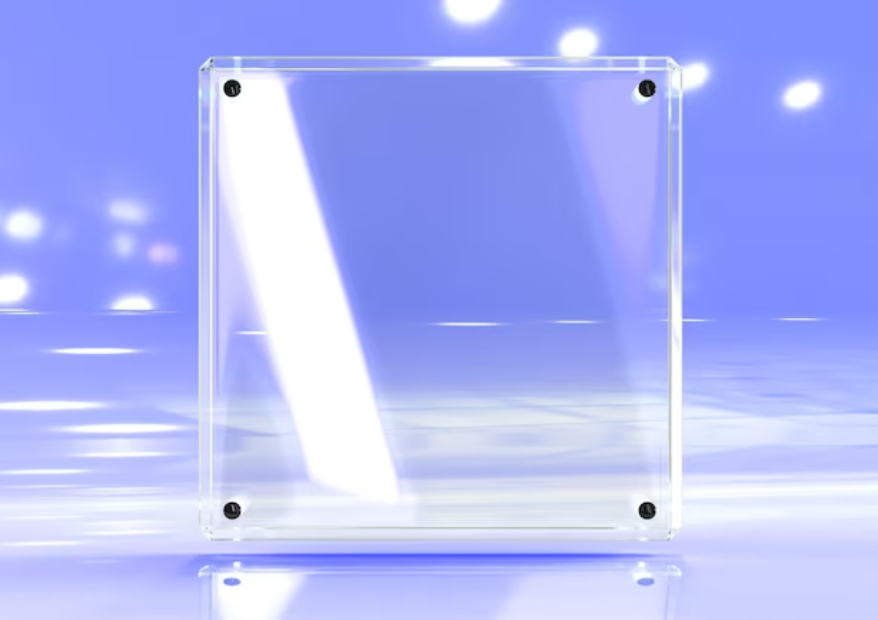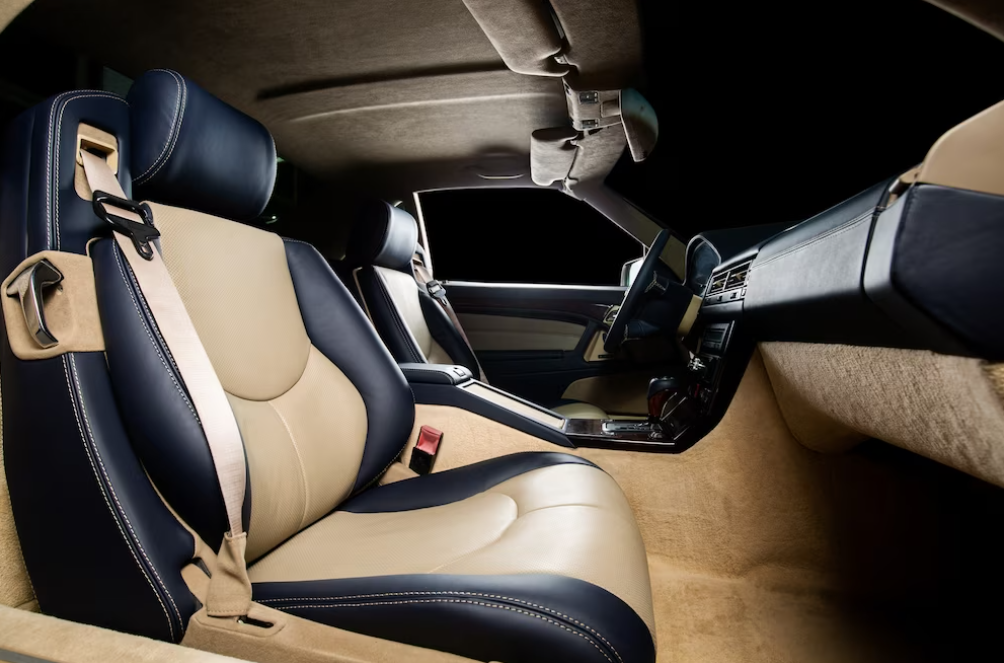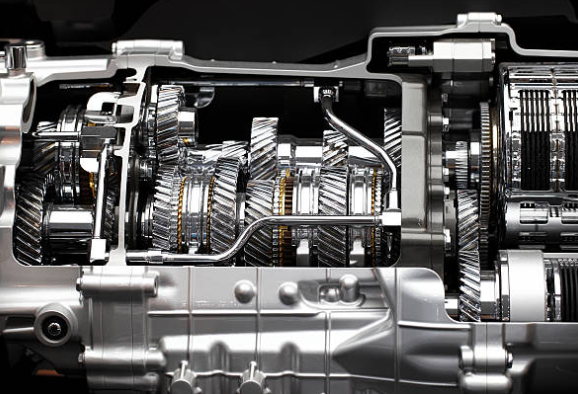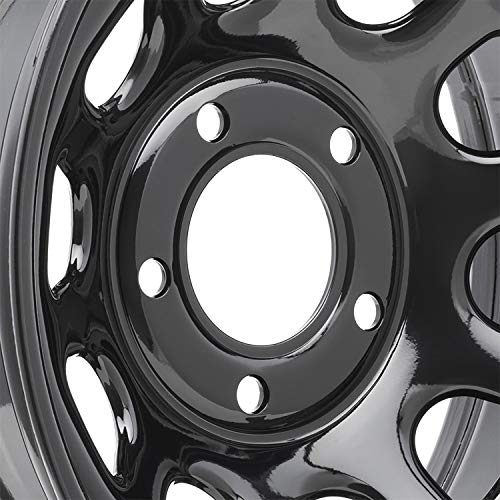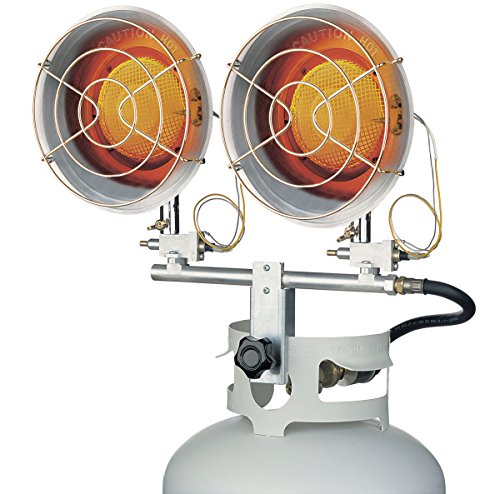How to Recycle Your Scrap Car
When it comes to disposing of an old, scrap car, numerous questions may arise regarding the correct approach. Effectively recycling your scrap vehicle is not just crucial for environmental protection; it is also essential in avoiding substantial fines and potential penalties resulting from non-compliance with legal requirements. We will outline the most efficient strategies for disposing of your unwanted car in full compliance with pertinent legal regulations. By doing this, you not only safeguard your own interests but also make a significant contribution to the preservation of our planet. Keep reading to discover the precise steps for recycling your scrap vehicle today!
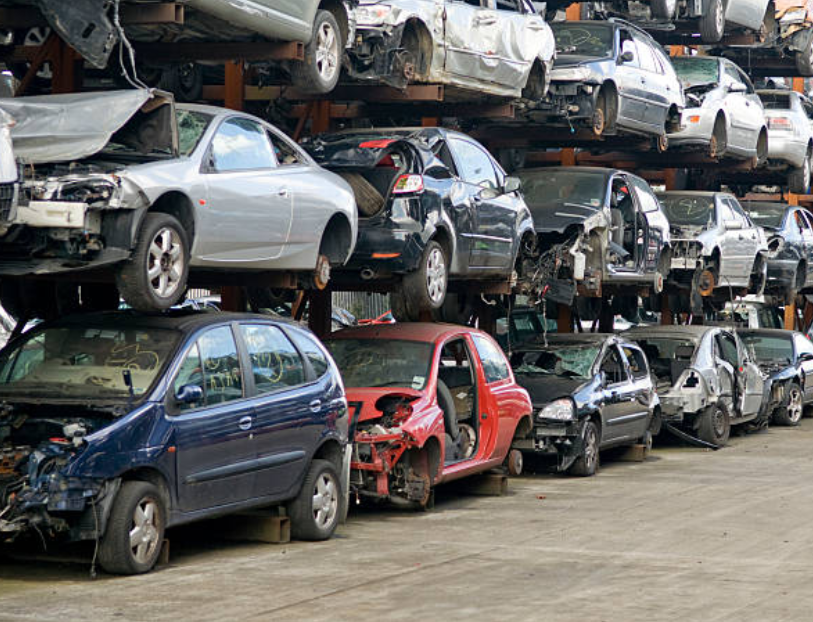
What Is Scrap Car Recycling?
Scrap car recycling is the process of systematically dismantling and reusing end-of-life or unwanted vehicles, commonly known as "scrap cars" or "junk cars," to recover valuable materials and reduce environmental impact. This practice involves the responsible disposal of automobiles that are no longer roadworthy or economically viable to repair. Instead of allowing these vehicles to languish in landfills or decay in scrapyards, scrap car recycling focuses on maximizing the reuse and recycling of materials while minimizing waste.

1. Environmental Conservation:
- Resource Conservation: Recycling your car aids in the recovery and reuse of valuable materials like steel, aluminum, and copper, thereby decreasing the necessity for extracting and producing fresh raw materials.
- Energy Savings: The recycling process requires less energy compared to producing new materials from scratch, resulting in lower energy consumption and reduced greenhouse gas emissions.
2. Reduced Waste:
- Preventing Landfill Overflow: Recycling prevents scrap cars from ending up in landfills, which can lead to the contamination of soil and water sources.
3. Monetary Gain:
- Financial Return: Many recycling centers pay for scrap cars, providing a financial incentive for recycling. You can earn some money by recycling your old vehicle, which can offset the cost of purchasing a new one.
4. Responsible Disposal:
- Legal Compliance: Recycling your scrap car ensures that you comply with environmental regulations and legal requirements regarding the disposal of end-of-life vehicles.
5. Job Creation:
- Economic Impact: The scrap car recycling industry creates jobs, from towing services to recycling center staff, contributing to the local economy.

6. Improved Public Health:
- Reduced Pollution: Proper recycling prevents the leakage of hazardous fluids from scrap cars, reducing air and water pollution, and benefiting public health.
7. Support for the Circular Economy:
- Promoting Reuse: Salvageable parts from scrap cars can be reused in other vehicles, promoting a circular economy and reducing the need for new parts production.
8. Community Benefits:
- Community Cleanup: Recycling scrap cars helps beautify neighborhoods and prevent the blight caused by abandoned vehicles.
9. Contribution to Sustainability:
- Environmental Responsibility: Recycling your scrap car showcases your commitment to environmental responsibility and sustainable living.
10. Reduced Energy Intensity:
- Lower Carbon Footprint: The recycling process consumes significantly less energy compared to mining and manufacturing, reducing the carbon footprint associated with the production of new materials.
To begin, locate a nearby scrap car recycling center. You can search online for local options or reach out to your local government for assistance. Once you've identified a suitable center, ensure your car is prepared for recycling. This involves draining all fluids, disconnecting the battery, and safely removing any hazardous materials.
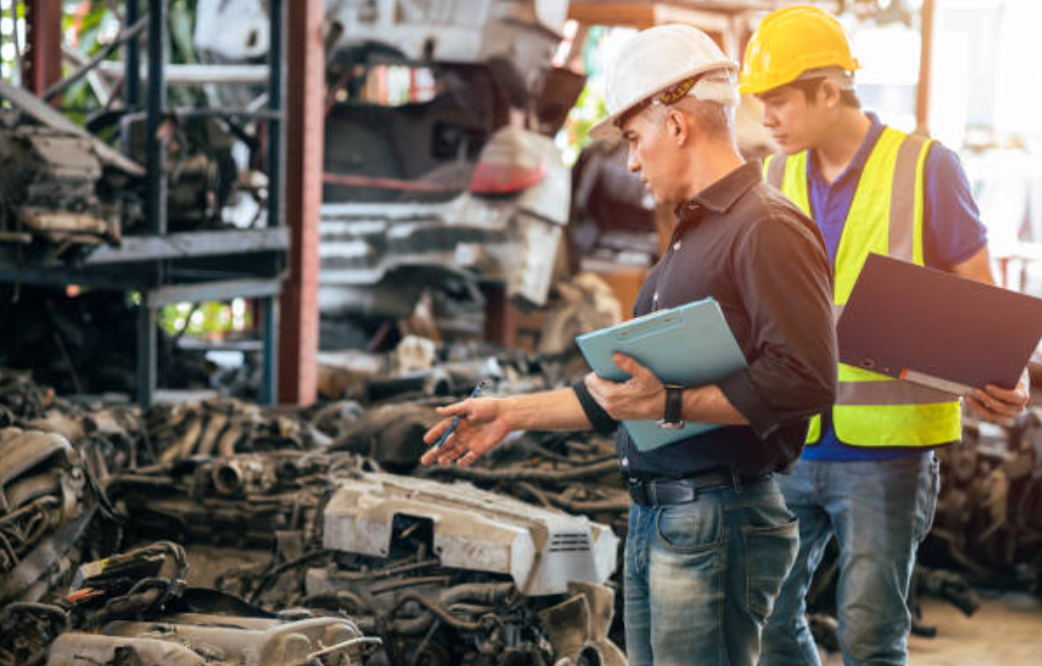
Subsequently, get in touch with the recycling center to arrange for the pickup of your car. Most centers offer complimentary towing services, eliminating the need for you to transport the vehicle yourself. Upon arrival at the center, their personnel will assess your car's condition and ascertain its value.
Finally, you'll receive compensation for your scrap car. You may receive the payment in either cash or check, with the additional choice to contribute the funds to a charity of your preference.
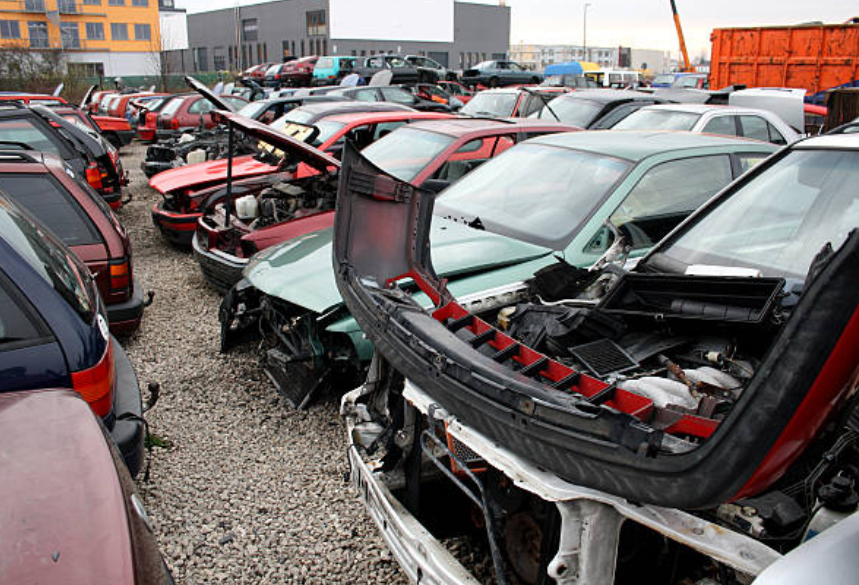
-
Can I recycle a car that is still in working condition?
Even if an automobile that is still driveable can be recycled, selling or donating a working car is usually more economical. Cars that are no longer safe to drive are more frequently recycled.
-
How long does the scrap car recycling process usually take?
The duration of the process can vary depending on factors such as the recycling center's workload and the complexity of the vehicle. It's advisable to inquire about the estimated timeline when arranging the recycling.
See more article here: Top 10 Mini Coolers For Every Occasion




.png)




